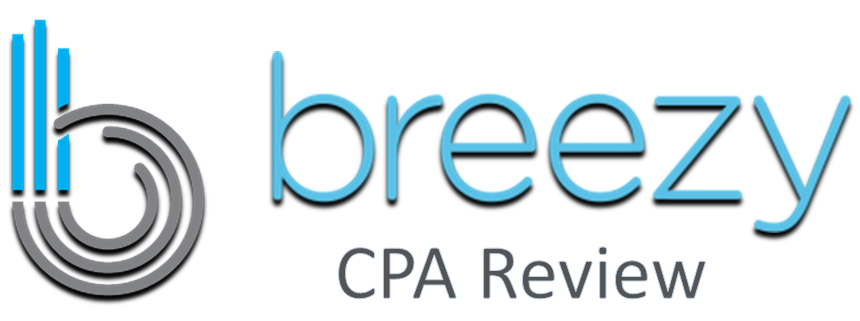Exam INFORMATION
WHat you need to know

Becoming a CPA
CPA CERTIFICATION
The CPA designation provides assurance to the public, the government, and the business community that CPA licensees have obtained the education and relevant work experience necessary to perform specialized accounting, auditing, and reporting services within a strict code of professional ethics.
There are certain services that only licensed CPAs are legally allowed to perform. The ability to file reports with the Securities and Exchange Commission (SEC) is chief among these. Additionally, auditing and attestation services can only be provided by CPAs, or non certified public accountants (PAs) who have been grandfathered the authority to practice as auditors before changes were made that restricted these functions to certified public accountants exclusively.
Many public accounting firms and law offices will only hire CPAs because of their expanded practice rights and privileges. A number of specialty designations within the financial services industry are also more accessible to certified public accountants. This makes the CPA a tremendously diverse credential that allows those who hold it to draw from their advanced knowledge of accounting without necessarily devoting themselves to careers strictly related to accountancy.
Certified public accountants are licensed by state and jurisdiction regulatory and licensing boards. All 50 states, as well as five additional jurisdictions, have their own Boards of Accountancy that grant CPA certification and licensure. Through the joint efforts of the National Association of State Boards of Accountancy (NASBA) and the American Institute of Certified Public Accountants (AICPA), the Uniform Accountancy Act was drafted. The Act has brought a great deal of uniformity to CPA licensing, with 53 of the 55 U.S. jurisdictions maintaining requirements considered substantially equivalent.
Accountants earn their CPA once they have passed the Uniform Certified Public Accountant Examination and met state or jurisdiction-specific education and experience requirements. Although CPAs in every state and jurisdiction must follow the same general outline of education, examination, and experience, known as the “Three Es,” there is considerable variance in the licensing process and specific requirements within the general outline. Requirement and process variation between boards has to do with how credit hours are distributed among accounting, business, ethics, and law classes; qualifications necessary to sit for the CPA Exam; and unique stipulations for fulfilling experiential requirements.
CPA license renewal through all state and jurisdiction boards is contingent upon taking part in continuing professional education courses. State and jurisdiction boards require ongoing education in an effort to ensure their CPAs are being kept abreast of the latest changes in laws and reporting requirements.
LEARN MORE
2022 exam changes
Read about the various changes the AICPA has approved for the 2022 CPA Exam
Scheduling your Exam
Find out about Scheduling your CPA Exam, Testing Windows and Costs of Taking your Exam
Exam Scoring
Find out Where to get your Scores, Passing Rates & When Exam Scores are Released
Exam application process
Learn about what you need to be Eligible to sit for the CPA Exam & How to Apply
Exam Content
Find out what Content to Expect from each Section of the Exam & How the Exam is Structured
It is possible. Together.
If You are Ready to Pass...We are Here for You.

